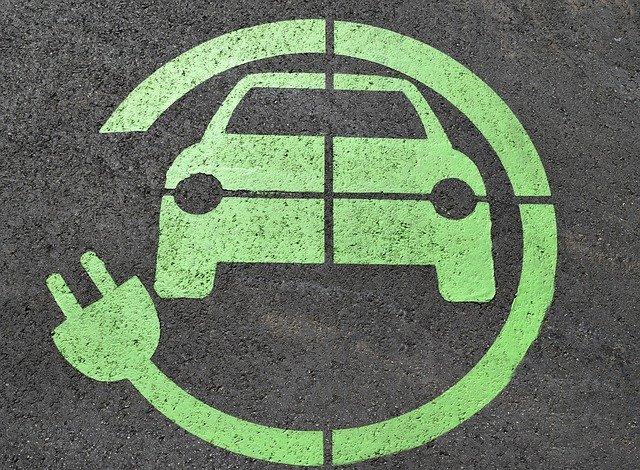Electric vehicles used to be a thing of the distant future and now, thanks to evolving technology and innovation, electric charging stations are proof that electric vehicles exist in the present day. Although electric vehicles only make up a small fraction of auto sales, their future looks promising.
Electric vehicles, also known as EVs, can be either fully electric whereby the vehicle is powered by battery, or a combination of an electric motor with a conventional engine or generator. If you’re thinking of buying an EV, consider how the vehicle will be maintained as currently electric cars require specialist servicing. For many years, auto mechanics have been used to working with internal combustion engines (vehicles which burn gas or fuel inside the engine) and the fairly recent introduction of electric vehicles means that there are less trained mechanics in this field, hence, maintenance of EVs may initially be carried out directly by the car dealership.
In comparison to the internal combustion vehicle, replacing car parts will be cheaper with an EV because of the simplicity of the electric motor. Bear in mind though, that there are other components which will require maintenance in addition to the battery or motor in an electric vehicle. Ultimately, this should still work out to be cheaper than the mainstream gas or diesel powered cars. So, is your next car purchase going to be an electric car? Whether you choose an EV or gas/fuel powered vehicle, maintenance can’t be avoided.

Electric vehicles contribute to the decline in producing greenhouse gas emissions if their batteries are charged from renewable energy. Electric vehicles also provide the added convenience of being able to charge your battery at home if you wanted to but there is a cost involved with the installation of a charge port. If there were an increase in the number of available charge stations however, this would eliminate the need to charge your vehicle at home.
Car manufacturers face a number of challenges where efficiency of the electric vehicle is concerned. Charging times need to be reduced and manufacturers would need to initiate a plan for creating EVs that offer a good enough range to suit customers. Car drivers will refuse to purchase an electric vehicle, especially at a high price, if it is deemed as unreliable, particularly if there is a risk that the battery will not survive their journey! Generally, most electric vehicles have a range of less than 100 miles. In contrast, the Ford Focus electric gets 76 miles per charge, the Nissan Leaf 75 miles and the Chevvy Volt, 38 miles all electric.
So, what does all this mean?
If the manufacturers can guarantee delivery of an electric vehicle with the right specification which is appealing to customers, the electric vehicle will become a major contender in the auto sales market. There is fast growing potential for electric vehicles but in the long run, whether consumers will choose these vehicles over internal combustion vehicles is questionable.
Switching to EV
If you’re thinking about scrapping your car for an electric model, choosing a reputable dealer is important. BMS Salvage, the UK‘s number 1 damaged car market place offers competitive prices for damaged cars, whether your car is roadworthy or not, BMS takes cars in full working order and even those which are accident damaged, written off, SORN’d or just plain scrap. No need to worry about collection as BMS promises to offer free collection for every vehicle. The decision to sell your car and purchase a new one can be an easier transition when you choose BMS Salvage.

